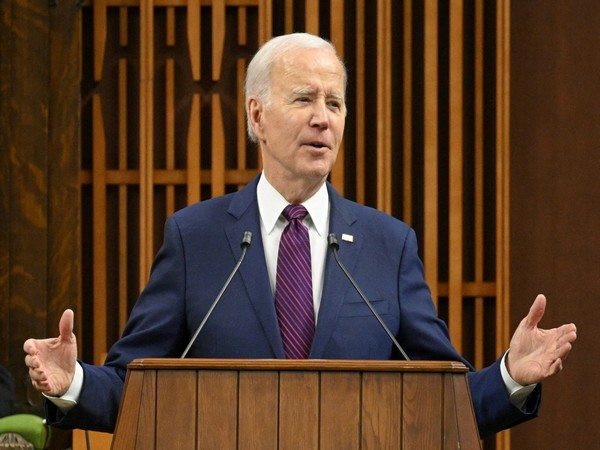Navigating Global Human Rights: U.S. Strategy at the UN Council
Michele Taylor, the U.S. envoy to the UN Human Rights Council, emphasizes the importance of continued U.S. participation to counter China's influence. The U.S. left the council during Trump's first term but rejoined under Biden. Taylor underscores the impact of staying engaged, despite the U.S. not seeking a second term.

In a conversation with Reuters, Michele Taylor, the U.S. envoy to the United Nations Human Rights Council, stressed the significance of the United States maintaining its active role in the council. According to Taylor, this engagement is crucial, particularly to counteract China's growing influence, which she terms as potentially 'dangerous.'
During Donald Trump's initial presidency, the United States withdrew from the Geneva-based council, pointing to an inherent bias against Israel in its proceedings. However, under the leadership of Joe Biden, the U.S. marked its return in 2022. Taylor, who has been the ambassador since then, intends to convince Trump's team of the necessity for U.S. involvement, as international human rights discussions warrant the country's presence.
Despite concluding its term at the end of the year without seeking immediate re-election, the U.S. retains the option of re-engaging with full rights in 2028. Meanwhile, it can still participate in debates and contribute to formulating the council's agenda, influencing global human rights policies without a voting seat. The renewed diplomatic strategy reflects a broader geopolitical tussle as the U.S. looks to hold sway in crucial international arenas.
(With inputs from agencies.)
- READ MORE ON:
- UN
- Human Rights
- Trump
- Biden
- Michele Taylor
- China
- Geneva
- Detentions
- Uyghur
- Syria
ALSO READ
U.S. Escalates Semiconductor Sabotage: New Restrictions on China
U.S. Launches Major Crackdown on China's Semiconductor Sector
China's Chip Stocks Resilient Amid New U.S. Curbs
Taiwan Stands Firm Amid China's Objection Over Lai's US Stopover
China's Strategic Playbook: Learning from Russia to Counter Potential Sanctions in Taiwan Conflict










